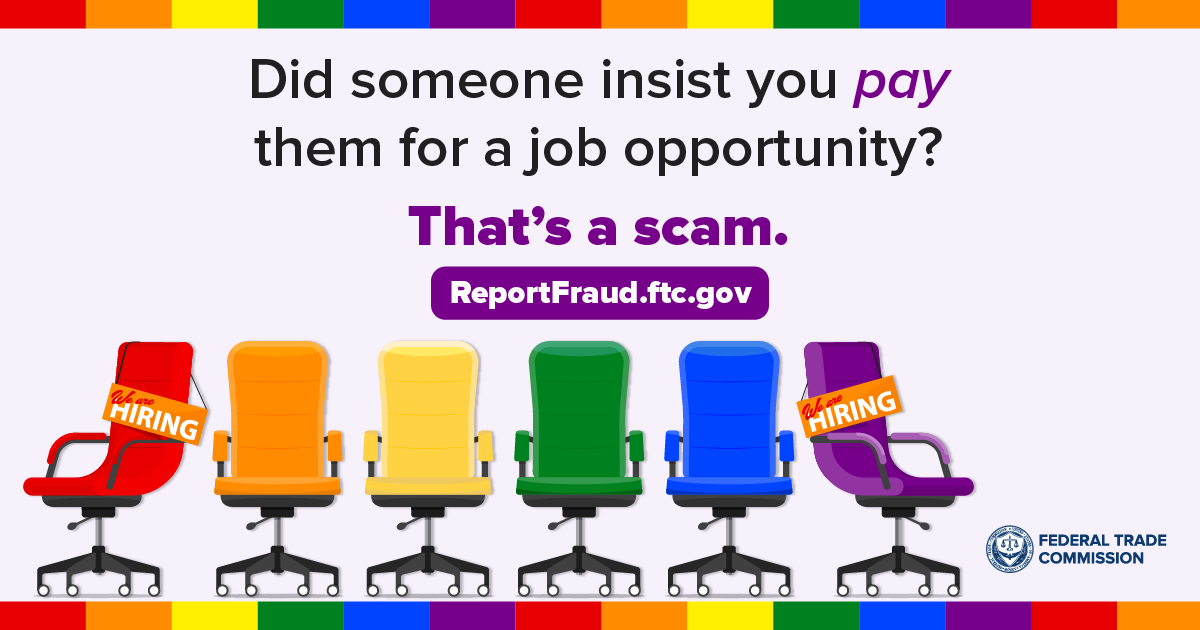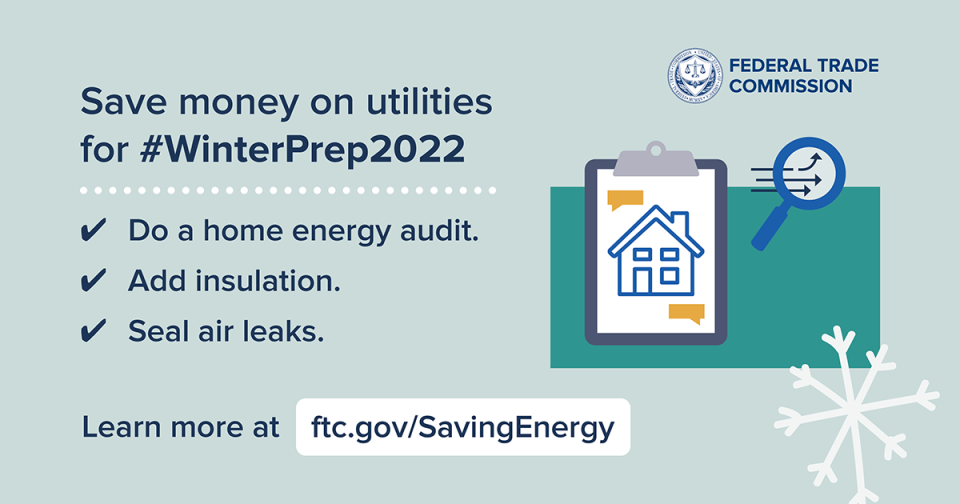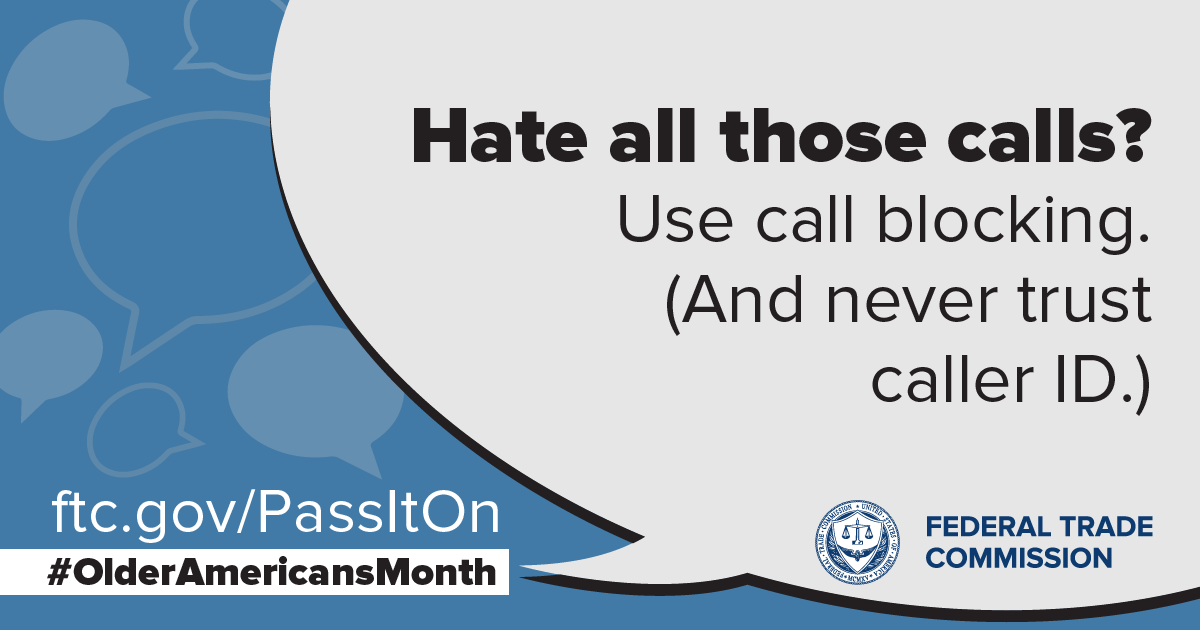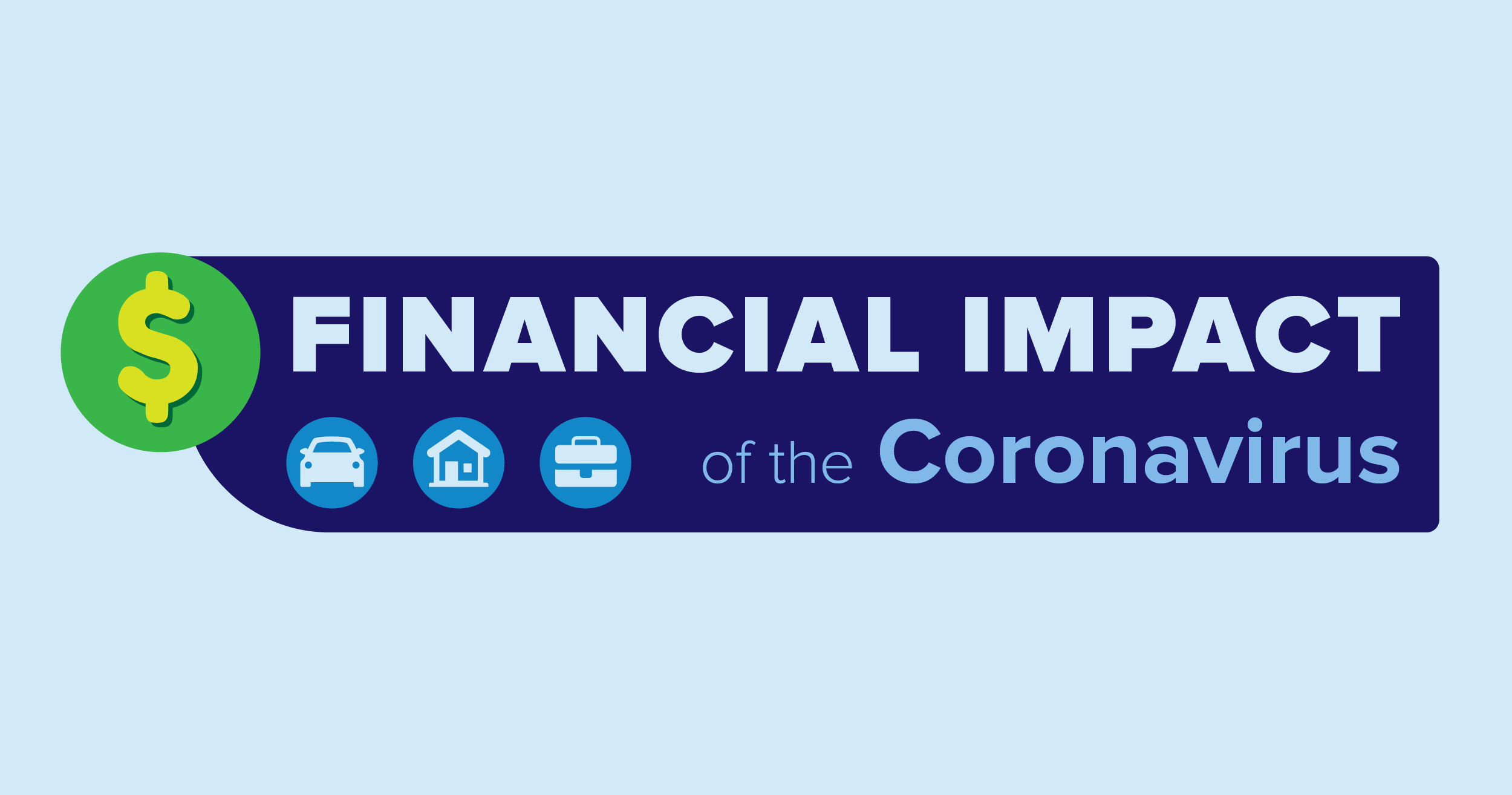"If you’re looking for a remote job, you might be interested in companies that support a cause. But scammers know that and use your interest to draw you in. If, for example, you’re an LGBTQ+ person or ally, a job that says you can “help LGBTQ+ people in need from the comfort of your own home” might sound great. But what happens if you take that next step?Based on reports to the FTC, that LGBTQ+ non-profit looking to “hire fast” could be using common interest to build trust with you. If you’re invested in their cause, they hope you’ll be more willing to give personal information before they’ve told you anything about the job. Or you’ll be willing to deposit that check they sent you for “equipment costs” — and send some of the money on to someone else, or back to them. (These are both big signs of a scam.)"
Continue reading about this scam alert from the FTC -> https://consumer.ftc.gov/consumer-alerts/2023/09/looking-remote-job-cause-you-care-about-heres-how-know-if-its-scam
 |
| Looking for a remote job for a cause you care about? Here’s how to know if it’s a scam |






